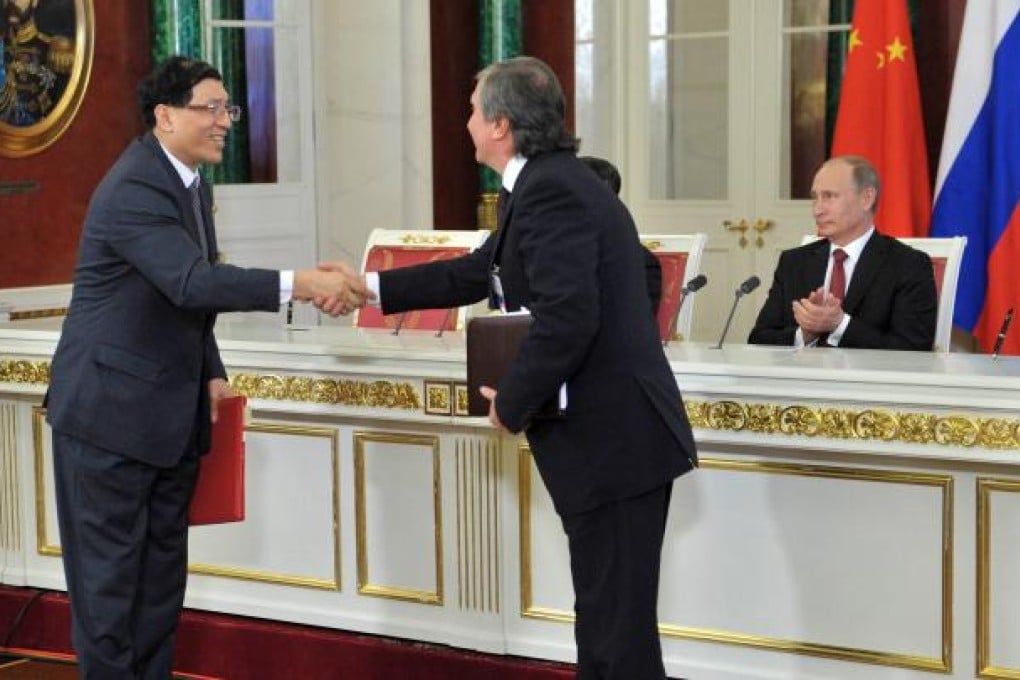Fractious Asia risking conflict over resources
Brahma Chellaney warns that, at the least, the lack of co-operation will hurt Asia's growth

Competition for strategic natural resources - including water, mineral ores and fossil fuels - has always played a significant role in shaping the terms of the international economic and political order. But now that competition has intensified, as it encompasses virtually all of Asia.
Asia is the world's most resource-poor continent, and overexploitation of the natural resources it does possess has created an environmental crisis. Population growth, urbanisation and industrialisation are exacerbating resource-related stresses, with some cities experiencing severe water shortages, and degrading the environment. Fossil-fuel and water subsidies have contributed to both problems.
Asian economies are increasingly tapping other continents' fossil fuels, mineral ores and timber. But water is extremely difficult - and prohibitively expensive - to import. And Asia has less fresh water per person than any continent other than Antarctica, and some of the world's worst water pollution.
The intensifying competition over natural resources is shaping resource geopolitics, including the construction of oil and gas pipelines. China has managed to secure new hydrocarbon supplies through pipelines from Kazakhstan and Russia. But this option is not available to Asia's other leading economies - Japan, India and South Korea - which will remain dependent on oil imports from the Gulf.
Given the significant role that natural resources have historically played in global strategic relations - including driving full-scale wars - increasingly murky resource geopolitics threatens to exacerbate existing tensions in the region. Rising dependence on energy imports has already been used to rationalise an increased emphasis on maritime power, raising concerns about sea-lane safety and vulnerability to supply disruptions.
While strategic competition for resources will continue to shape Asia's security dynamics, the associated risks can be moderated if Asia's leaders establish norms and institutions aimed at building rule-based co-operation. Unfortunately, little progress has been made in this area.